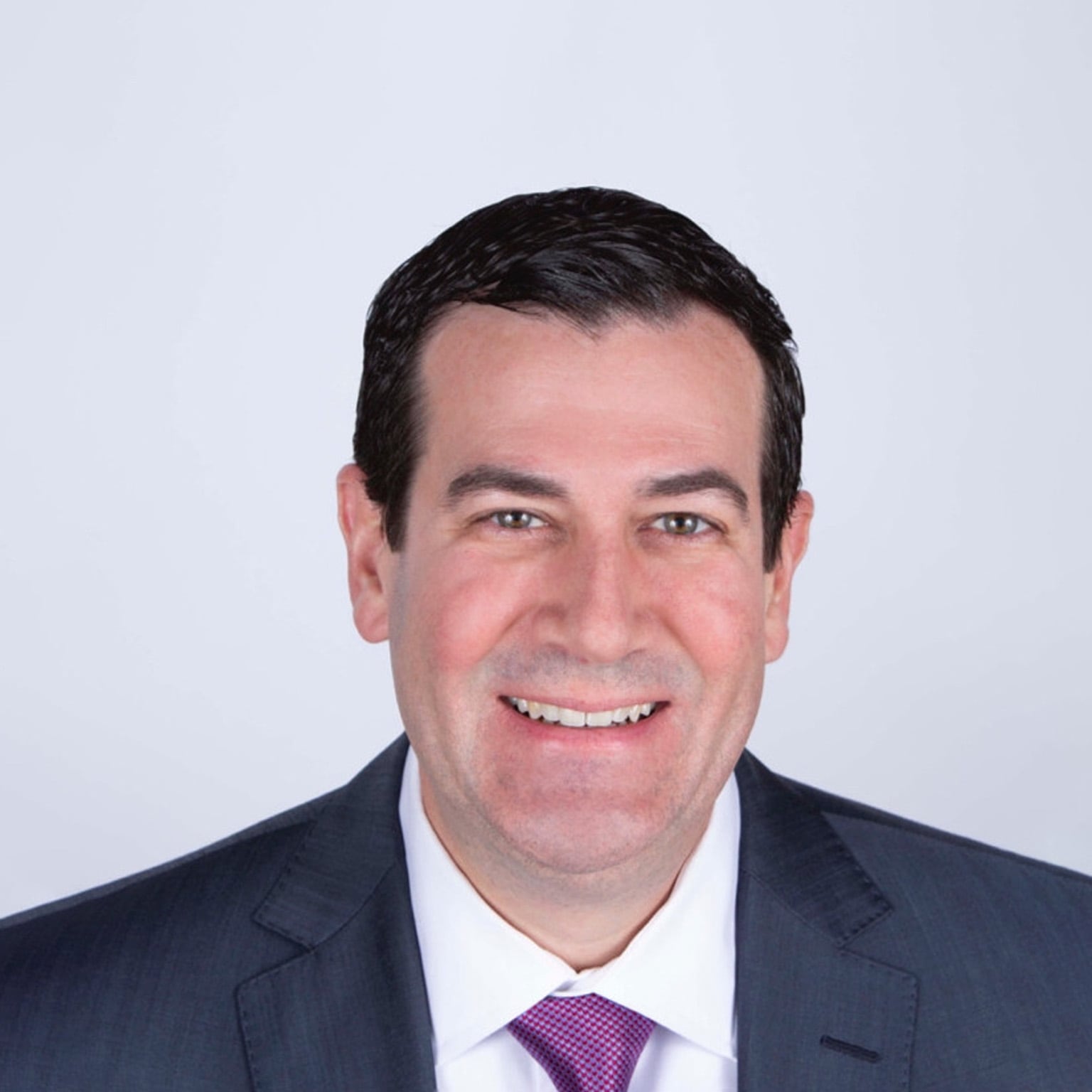How Trauma Impacts Mental Health and What We Can Do About It
Explore how trauma impacts mental health and discover practical ways to heal. Learn from real-world experience how to recognize, address, and grow beyond trauma.

Introduction: The Silent Echo of Trauma
Trauma doesn’t always scream. Sometimes, it whispers. It hides in the body, lingers in the mind, and colors the way we see the world. It might be the reason someone flinches at a raised voice, shuts down during conflict, or avoids closeness altogether. Trauma impacts mental health not only in obvious ways—like anxiety or depression—but in the subtle shifts that shape identity, relationships, and a person’s capacity to feel safe in their own skin.
In today’s world, more people are waking up to the connection between trauma and mental wellness. But awareness isn’t enough. We need understanding. We need tools. And most importantly, we need people who have walked through it—who understand the road from personal experience—to lead the way.
What Is Trauma, Really?
Beyond the Stereotypes
When many people think of trauma, they imagine catastrophic events: war, car accidents, natural disasters. But trauma isn’t always about what happens to us—it’s also about what happens inside us as a result. Emotional neglect, betrayal, poverty, systemic injustice—these experiences can be just as traumatic, especially when they’re ongoing and unsupported.
Types of Trauma
-
Acute Trauma: A single distressing event, like a violent encounter or sudden loss.
-
Chronic Trauma: Repeated, prolonged exposure to distressing situations—like domestic violence or childhood abuse.
-
Complex Trauma: A combination of multiple traumas, often occurring in interpersonal relationships over time.
Each type impacts the brain and body differently. But they all shape how we respond to life.
How Trauma Affects Mental Health
The Neurological Fallout
Trauma rewires the brain. It activates the amygdala (our fear center) and decreases activity in the prefrontal cortex (responsible for logic and reasoning). This makes it harder to process experiences rationally. People may become hypervigilant, emotionally reactive, or completely shut down in the face of stress.
Common Mental Health Conditions Linked to Trauma
-
Post-Traumatic Stress Disorder (PTSD)
-
Depression and Anxiety
-
Dissociative Disorders
-
Substance Use and Addictions
-
Self-harm and Suicidality
Trauma can manifest differently in each person. While one individual may experience nightmares and panic attacks, another may struggle with trust, intimacy, or emotional numbness.
The Role of ACEs (Adverse Childhood Experiences)
The landmark ACEs study revealed a powerful link between early trauma and long-term health. People with high ACE scores are more likely to develop chronic illness, mental health disorders, and even experience early death. But ACEs aren’t destiny. With the right support, people can heal and even thrive.
What Healing from Trauma Looks Like
It’s Not a Straight Line
Recovery is nonlinear. Some days feel like progress; others, like relapse. What matters most is support, safety, and self-compassion.
Evidence-Based Paths to Healing
-
Therapeutic Support
Trauma-informed therapy (like EMDR, somatic experiencing, and cognitive behavioral therapy) helps individuals reprocess painful experiences safely. -
Peer-Led Education and Speaking Engagements
Hearing from people who have lived through trauma offers not only knowledge but hope. A mental health speaker who understands both the science and the scars can bridge the gap between theory and experience. -
Body-Based Healing
Trauma is stored in the body. Practices like yoga, dance, breathwork, and grounding techniques help release trapped energy and restore a sense of safety. -
Community and Connection
Trauma isolates. Healing reconnects. Safe relationships can be more therapeutic than any textbook.
What We Can Do About It—As Individuals and Communities
H3: For Individuals
-
Get Educated: Learn how trauma shows up in your body, your emotions, and your choices.
-
Practice Self-Compassion: Healing is hard. Speak to yourself like you would to a child who is scared.
-
Seek Support: Don’t go it alone. Reach out to therapists, support groups, and trusted mentors.
For Communities
-
Become Trauma-Informed: Schools, workplaces, and healthcare systems need to understand the impacts of trauma to serve people effectively.
-
Support Speakers and Advocates: Inviting a speaker who understands trauma from the inside out can transform how communities address healing.
-
Make Room for Lived Experience: Prioritize the voices of survivors. Empower them to lead, teach, and support others.
The Power of Lived Experience in Mental Health Advocacy
At Tonier Cain’s website, lived experience is at the heart of mental health advocacy. From personal survival to professional expertise, the journey demonstrates that healing isn’t just possible—it’s powerful. Trauma-informed care isn’t just a trend; it’s a necessity. And speakers who understand trauma not just clinically, but personally, are helping communities across the country bridge the gap between suffering and recovery.
Mental health advocacy rooted in experience offers something that no degree alone can: authentic connection. When someone says, “I’ve been there,” it opens a door for others to say, “Maybe I can heal too.”
Building a Trauma-Informed Future
Healing from trauma isn’t just about individual therapy sessions or private journaling—it’s about rebuilding society to be safer, more compassionate, and more responsive. That means training educators, reforming justice systems, reimagining healthcare, and amplifying the voices of those who’ve lived the story.
Conclusion: From Trauma to Transformation
Trauma may shape a person’s life—but it doesn’t have to define it. The human spirit is remarkably resilient. With the right support, healing is not only achievable but transformational. Whether you're seeking personal healing or hoping to support others, remember: it starts with understanding.
And when that understanding is informed by both science and survival, it becomes unstoppable.
For those seeking expert guidance from someone who’s lived it and leads others toward healing, a trauma-informed mental health speaker can be the catalyst your school, organization, or community needs.























































































































































